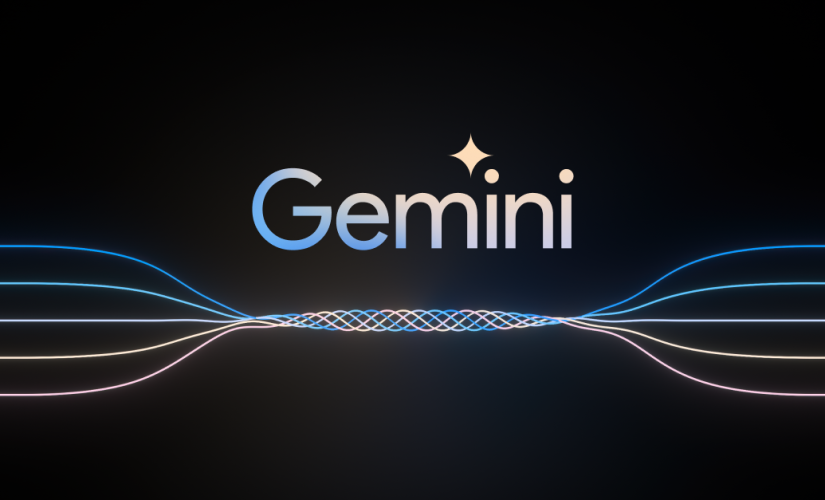Google has confirmed the launch of its latest, most advanced artificial intelligence (AI) model, Gemini, which will be available in three different formats.
From data presented by the tech giant, Gemini appears to be the first model to be able to outperform GPT-4 in many areas.
The official release issued today by Google stated, “Gemini is also our most flexible model yet — able to efficiently run on everything from data centers to mobile devices.”
“Its state-of-the-art capabilities will significantly enhance the way developers and enterprise customers build and scale with AI.”
As stated, it comes in three different sizes, depending on the type of task required. Gemini Ultra is the largest offering and also the most capable model for highly complex needs. Gemini Pro is the median offering with a wide scope and Gemini Nano is the compact version, best suited for on-device tasks.
Crucially, the power of Gemini 1.0 is reflected in its ability to run on everything, from extensive data centers to the mobile device that is in your pocket.
Image credit: blog.google





